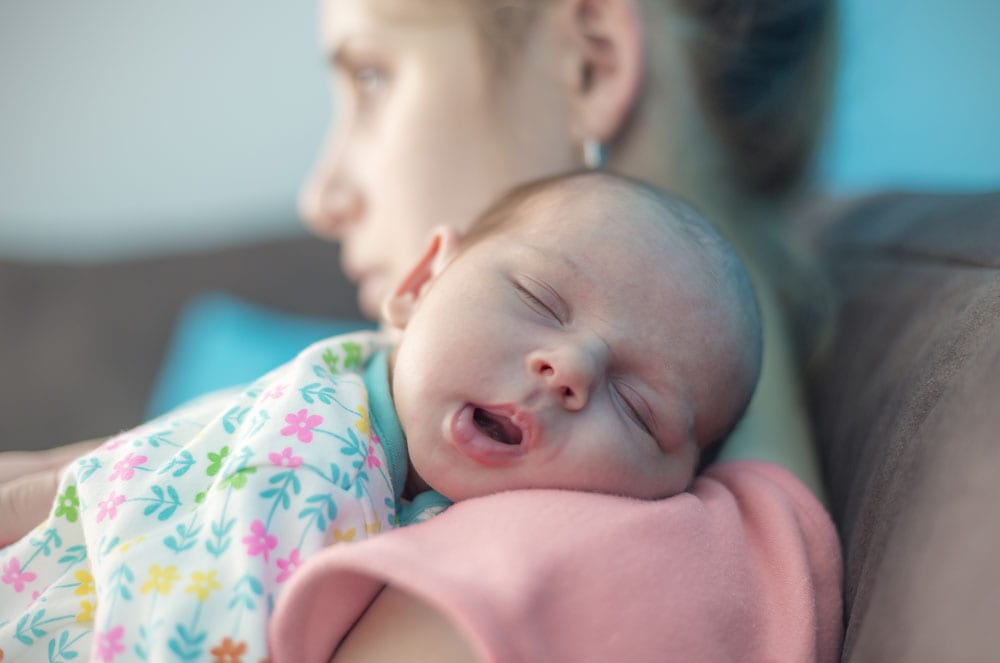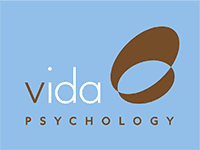
15 Mar How to tell the difference between the Baby blues and Post Natal Depression (PND)
I haven’t been feeling myself for a while. Is this what motherhood is like or am I suffering from Postnatal depression?
Being a mother can be such an amazing and wonderful experience. Unfortunately for one of 7 women their experience is very different. Every new day brings a new challenge and can be a struggle.
Is not unusual for some women to feel teary soon after the birth of their baby. When it only lasts for a few days, it is what we refer to as The baby blues. If however, you are struggling emotionally for longer than just a few days you may be experiencing what we call Postnatal Depression (PND).
Postnatal depression is depression experienced by a mother following childbirth, typically
from a combination of having to adjust to being a mother, being exhausted and experiencing
hormonal changes. In Australia one in seven women is diagnosed with PND each year. Women
can develop PND at any time during the first year after childbirth, but in most cases it develops
within the first 4 months.
PND can be tricky to diagnose for various reasons. Some of these are:
• Women themselves are often uncertain of how they should be feeling: are they feeling what they are feeling because of hormones, or due to exhaustion,?
• Our society often refers to motherhood as being such a wonderful time in a woman’s life, as well as being so instinctive. When women are not necessarily enjoying motherhood, or having difficulties coping or knowing what to do, they view themselves as being bad mothers.
• Unfortunately one of the PND symptoms is having suicidal of thoughts of harming their baby. These thoughts are often very frightening to women and are quite challenging to share them with others for fear of being judged.
The following questions can help you determine if you may be experiencing Postnatal Depression:
• Feeling low in mood (quite flat/ depressed) for more than one week
• Feelings of being overwhelmed and not being able to cope
• Feeling of being trapped and wanting to run away
• Sensation of being rejected. Some women believe their babies prefer others over them (e.g. Dad) especially if they see their baby settles more easily for others.
• Being teary and crying easily
• Feeling guilty – my baby deserves a better mother, my partner deserves someone better
• Becoming irritable easily
• Increased signs of tension such as headaches, stomach aches, sore muscles
• Lack of appetite
• Loss of libido
• Worrying constantly, feeling anxious, having panic attacks.
• Having difficulties concentrating/ focusing
• Lack of confidence and difficulties in making decisions
• Lack of motivation
• Sleep difficulties (feeling tired regardless of how much you sleep, or not being able to sleep much even if your baby is sleeping)
• Lack of self care/ grooming
• Feeling inadequate/ not good enough
• Unexplained lack of interest in the new baby or activities in general
• Not wanting to socialise
• Fear of being alone – fear of doing something to the baby, not knowing what to do with the baby on your own.
Can you relate to the above? If so, you may be experiencing PND. It is important you know it can be treated. At Vida Psychology we have Psychologists with vast experience in treating PND . Don’t put it off any longer and call us on 9328 8200 or email us at appointment@vidapsychology.com.au to make a time.


Sorry, the comment form is closed at this time.